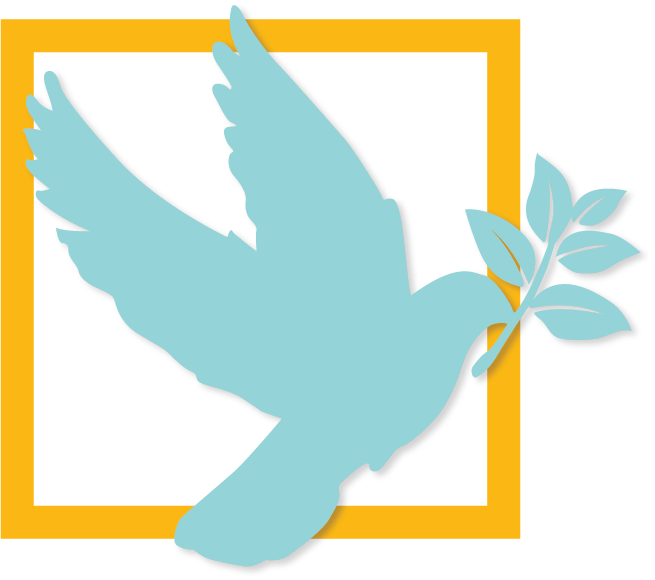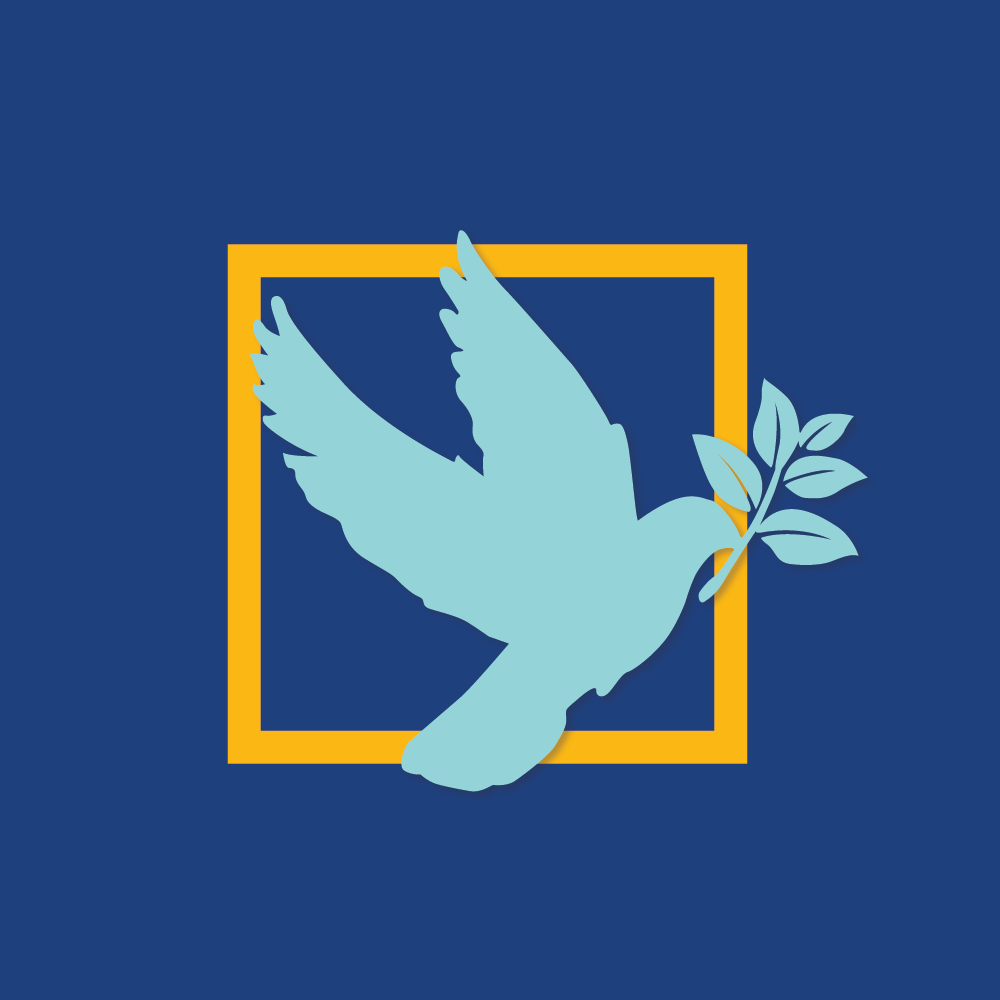Enduring the Trials of Revolution
During the more than four years of the revolution, there have been countless heart-wrenching moments. Every day—on the ground and online—we witness or hear things that are shocking, unfair, or inappropriate. Most especially, those who cannot withstand the corrupting trials of power and money.
In the Revolution, One Must Endure the Temptations of Power and Money
By Lin Thit
Power and weapons naturally tend to breed arrogance, to erode conscience, and to cloud the heart.
Money can betray not only one’s comrades, one’s organization, and one’s country, but even oneself.
Human beings naturally cling to comfort, to the respect and recognition of others, to the desire to demonstrate their own importance, and to the wish to be visible and prominent. These subtle instincts tend to embed themselves deeply in the heart.
Just like in the Saing Tee Saing song, “What was smooth in calm waters only struggles in the turbulent tide,” the hearts that were once pure—sweating and striving through rain and water, running barefoot—inevitably encounter weapons, power, money, and material gain. And when one sees one’s own morality bending so easily before these forces, it is impossible to feel at peace.
This is the world of revolution, so there is no escaping it. Waging war is not a game of flowers and fireworks; only those who are prepared, steadfast, and resolute can survive and endure the revolutionary path. It is true that one cannot get through it by recklessly abandoning one’s responsibilities or commitments.
Yet—yet we must not forget, nor let our guard down—that the weapons we hold, the forces we have gathered, and the power we acquire all carry the potential to corrupt and to harm. When one speaks only of one’s own labors, sacrifices, risks, and the very life one has invested… it inevitably becomes entangled with questions of who you are, who I am, and fuels the divisions that arise among people.
A revolution cannot be fought on an empty stomach; it cannot be carried out by mere posturing with one’s body, nor by trying to challenge it half-heartedly. To meet the needs of the struggle—supplies, weapons, uniforms, military equipment, medicine, logistics, and all essential tools—money is required. And money, like the rose every maiden loves, has its own seductive power. Once in hand, it can soothe, but just as a young lover cannot predict what will follow, one cannot fully control what money will bring. Its effects are already a natural part of life, known to all, whether one admits it or not.
Only those who can stand firmly on the foundation of morality, and endure the tests of character, can guide the revolution with strength and continue to lead it forward. I will not speak of those who have been lost, trapped in the chambers of money and power within the revolutionary testing ground. Yet it is true that, across every sector and role of the revolution, we must not lose the brave comrades who carry out their responsibilities and serve faithfully.
The nature of weapons and power tends to breed arrogance, to erode conscience, and to soil the heart. Money can betray not only one’s comrades, one’s organization, one’s country, and one’s future—but even oneself. To withstand this worldly trial, every revolutionary must prepare themselves. Money is not life. Power is not life.
Only upright, honest, and steadfast morality is what earns the trust and reliance of all. (For example, look at Aung San Suu Kyi.) Those who have lost their morality will live a narrow, diminished life—subject to criticism, condemnation, and the harsh judgment of others—continuing on like a fragile butterfly barely clinging to life. (For example, look at Min Aung Hlaing.)
Those whose morality remains pure and just, however, are welcomed wherever they go, earn respect and trust, and can live in a life that is free, light, warm, and peaceful.
By Lin Thit


